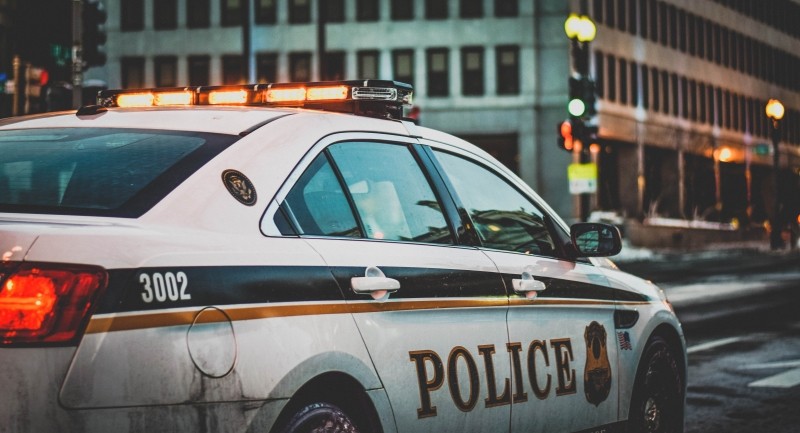
Inquiries that start with this phrase usually end up in a conversation where the client is simply wanting to know how much they can get away with. On more than one occasion, folks have asked me “Can I cuss at a police officer?” or “Can I give the middle finger to police?” Without hesitation, I answer these questions the same way: Just because you can do something doesn’t mean you should do something.
Aside from it being inordinately stupid and disrespectful to police (people who literally risk their lives to keep us safe), Alabama law and the First Amendment protect obscene language and gestures directed toward police so long as they do not amount to “fighting words”. Fighting words are those which the United States Supreme Court has defined as language intended to cause a violent response by the person to whom the language is directed and/or to cause an immediate breach of the peace. Chaplinsky v. New Hampshire, 315 U.S. 568 (1942). In other words, obscene or inappropriate language and gestures that do not provoke violence or a breach of the peace will be protected by the First Amendment.
This issue was directly addressed in Shinault v. Huntsville, 579 So. 2d 696 (1991), where a defendant was arrested for harassment after calling a police officer a very not nice name (S.O.B.). The defendant was convicted and fined $25. On appeal, her conviction was overturned based on an unlawful arrest. But, the Court included very interesting language on using obscenities toward police, stating:
[U]nfortunately, epithets such as “S.O.B” directed at a police officer in the performance of his duties are not uncommon in today’s law enforcement environment. The fact that an officer encounters such vulgarities with some frequency, and the fact that his training enables him to diffuse a potentially volatile situation without physical retaliation, however, means that words which might provoke a violent response from the average person do not, when addressed to a police officer, amount to “fighting words.”
In Alabama, police officers appear to be required to have thicker skin than the average person because of their training in dealing with rude, drunk, and obnoxious citizens. Because their training gives them an ability to diffuse highly offensive remarks or gestures without violence, this Alabama case holds that those certain offensive remarks and gestures cannot amount to fighting words, meaning they are protected.
Police officers are respected primarily because their job requires them to put up with angry individuals who say things they shouldn’t. Moreover, the Constitution protects much of that disrespectful speech direct toward police. But remember, just because you can do something, doesn’t mean you should do something. As citizens, we should always treat law enforcement with respect despite what the law allows us to do.
Photo on Visual hunt